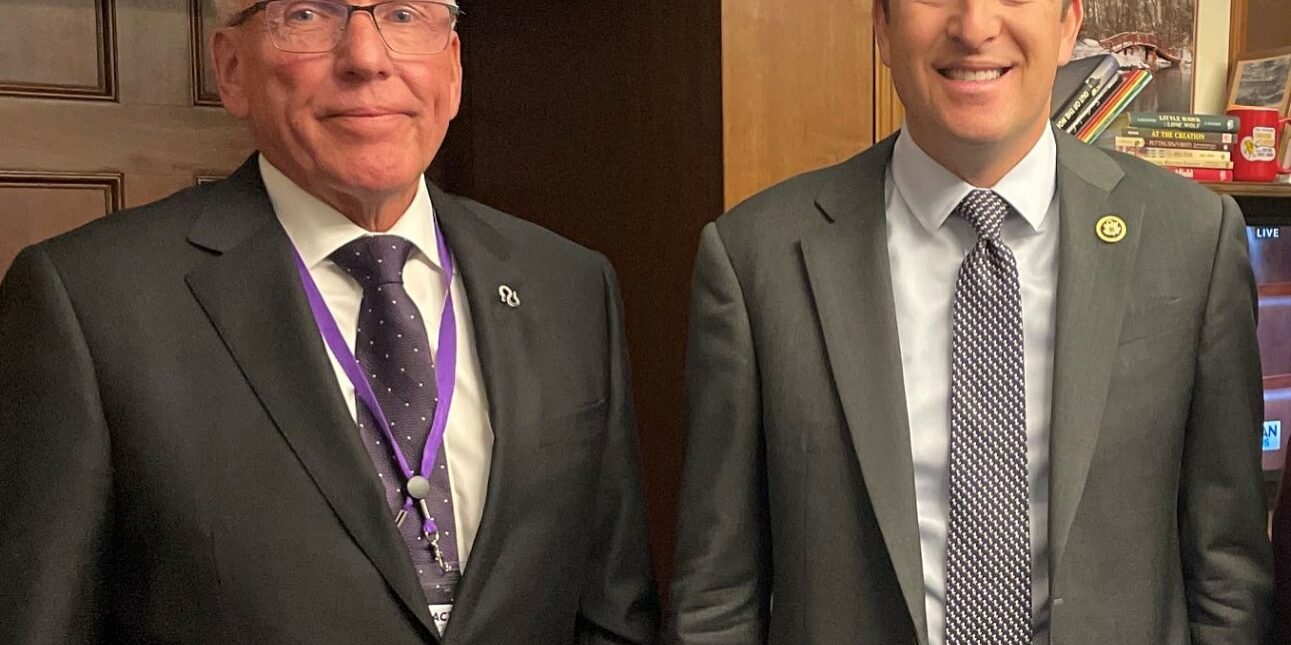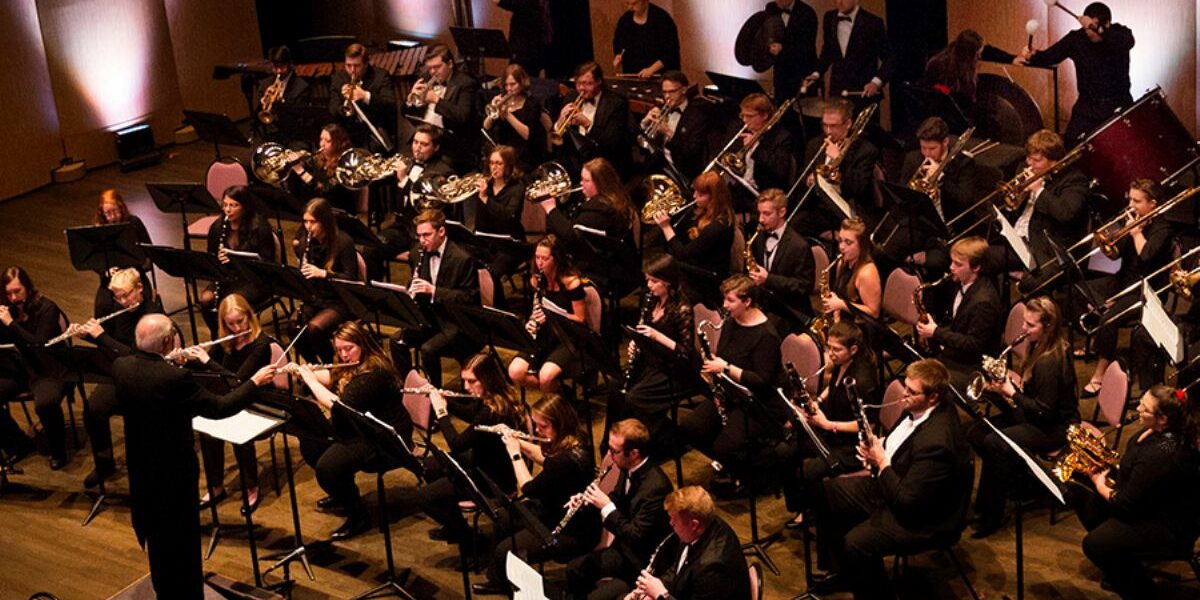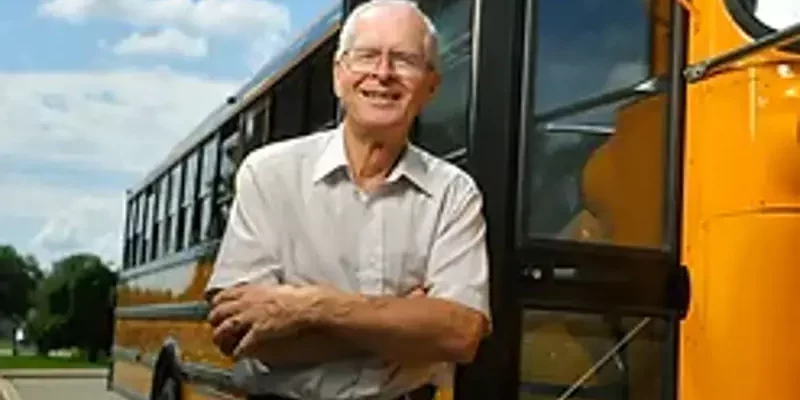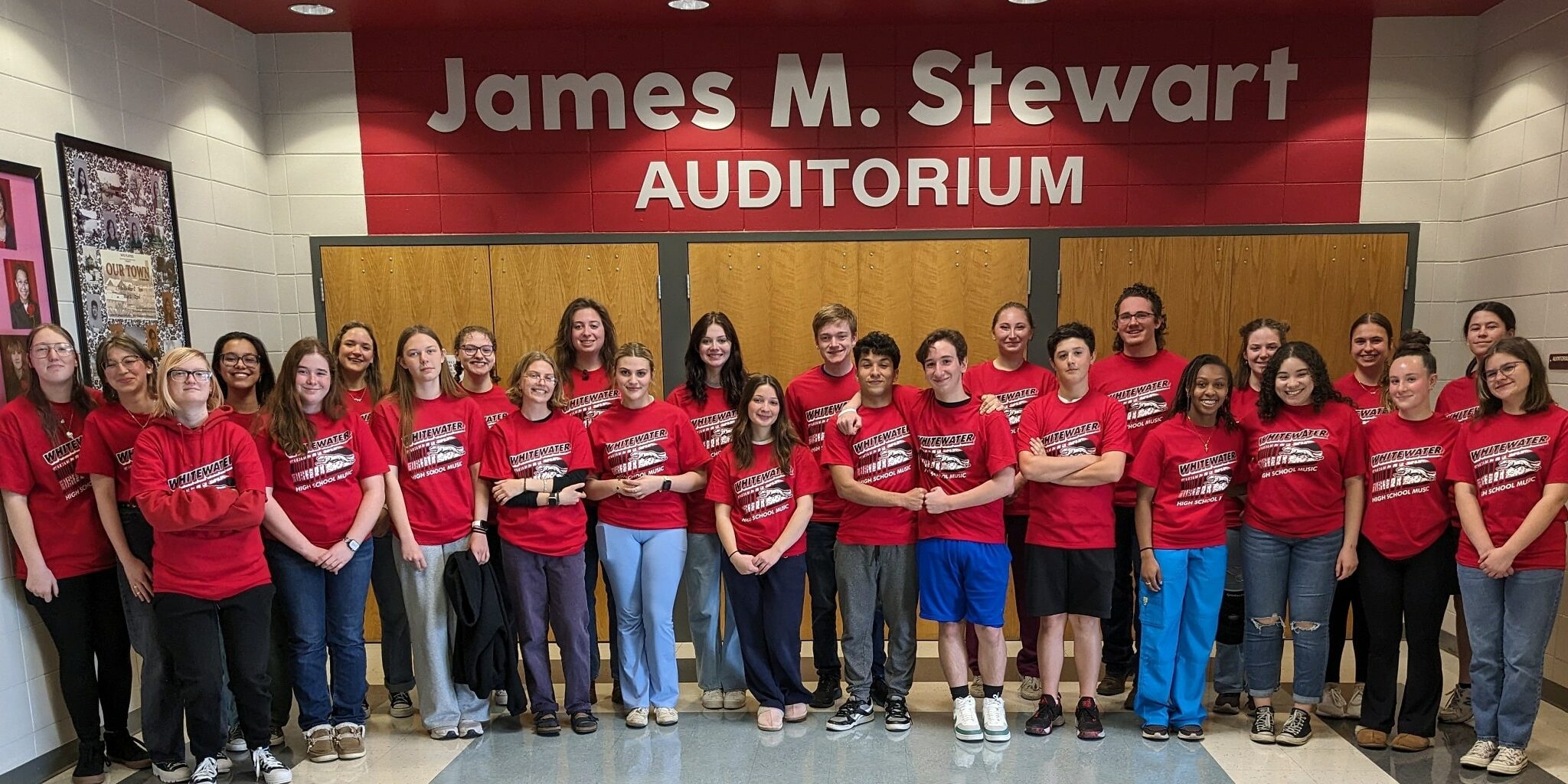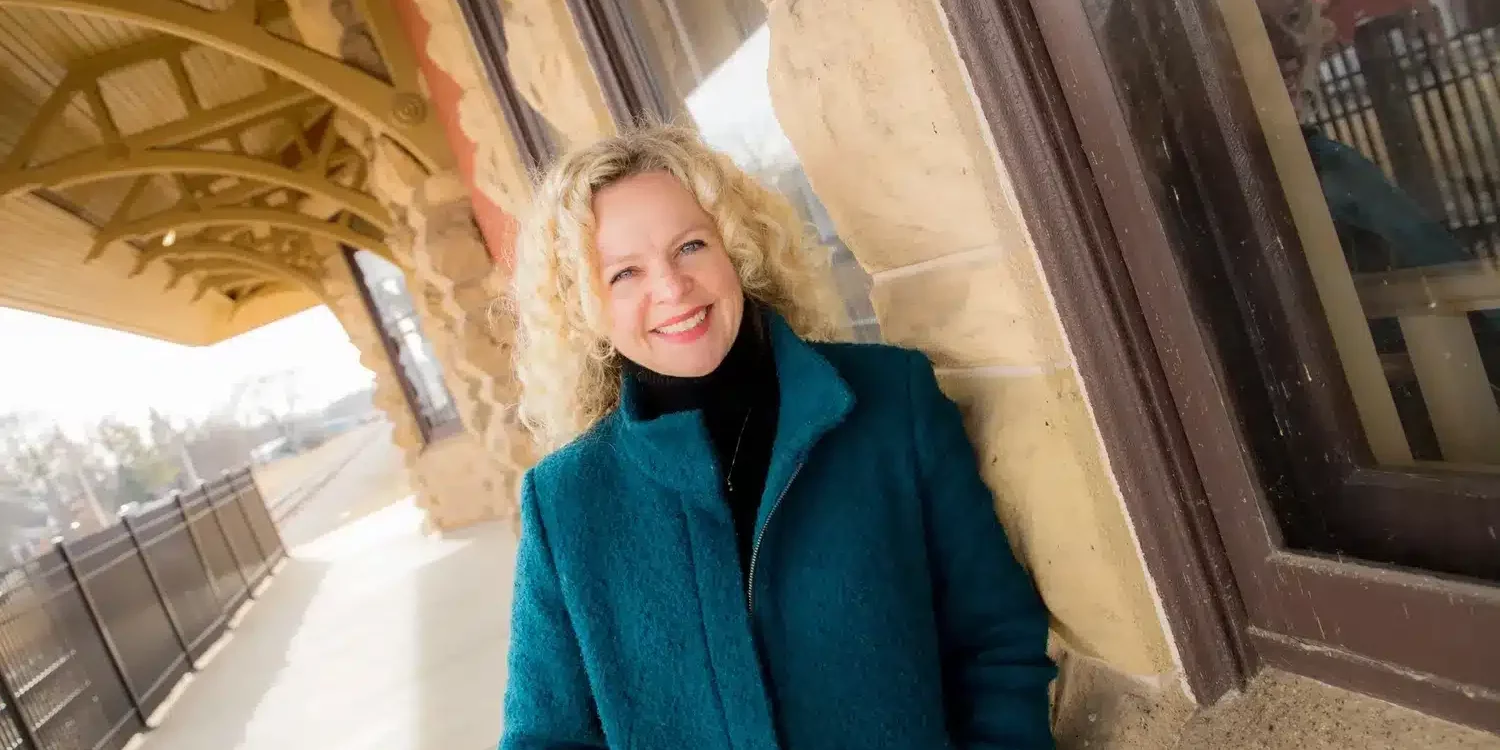By Lynn Binnie
Whitewater Banner volunteer staff
whitewaterbanner@gmail.com
The Banner does not take a position on political candidates or issues. The following information is provided since it appears that a number of citizens are puzzled by the “Vote No” signs that have appeared on some lawns. We would have also featured a “Vote Yes” sign in this article if we had seen one, but thus far, we have not. If a reader sees a “Yes” sign, please email the address to the Banner at whitewaterbanner@gmail.com.
Neither the city nor the school district is conducting a referendum on the April 2 election. Rather, there are two state constitutional amendments proposed on the ballot. According to the Movement Advancement Project, 19 states allow for citizens to propose such an amendment by initiative. Wisconsin does not have such a provision; instead, a constitutional amendment may only be considered when it has been passed by a majority of the members of both houses of the legislature in consecutive two-year sessions. The governor plays no role. After approval in the legislature, the voters must approve a referendum by a majority vote.
Question 1 reads as follows: “Use of private funds in election administration. Shall section 7 (1) of article III of the constitution be created to provide that private donations and grants may not be applied for, accepted, expended, or used in connection with the conduct of any primary, election, or referendum?”
Explanation of the Proposed Constitutional Amendment (provided by the Legislative Reference Bureau): This constitutional amendment provides that no state agency or officer or employee in state government and no political subdivision of the state or officer or employee of a political subdivision may apply for, accept, expend, or use any moneys or equipment in connection with the conduct of any primary, election, or referendum if the moneys or equipment are donated or granted by an individual or nongovernmental entity.
A “yes” vote – supports the changes to the constitution. A “no” vote – opposes the changes to the constitution.
This proposed amendment received the following support in the legislature. In 2022: Passed in the Senate by a vote of 21-11, and in the House with a vote of 58-32. In 2023: Passed in the Senate 21-10, and in the House, 60-35. The vote to place Question 1 on the ballot was along party lines with Republicans in favor and Democrats opposed.
Question 2 reads as follows: “Election officials. Shall section 7 (2) of article III of the constitution be created to provide that only election officials designated by law may perform tasks in the conduct of primaries, elections, and referendums?”
Explanation of the Proposed Constitutional Amendment (provided by the Legislative Reference Bureau): The constitutional amendment prohibits any individual other than an election official designated by law from performing any task in the conduct of any primary, election, or referendum.
A “yes” vote – supports the changes to the constitution. A “no” vote – opposes the changes to the constitution.
This proposed constitutional amendment received the following support in the legislature: In 2022: Passed in the Senate by a vote of 21-11, and in the House with a vote of 58-32. In 2023: Passed in the Senate 21-10, and in the House, 60-35. The vote to place Question 2 on the ballot was along party lines with Republicans in favor and Democrats opposed.









